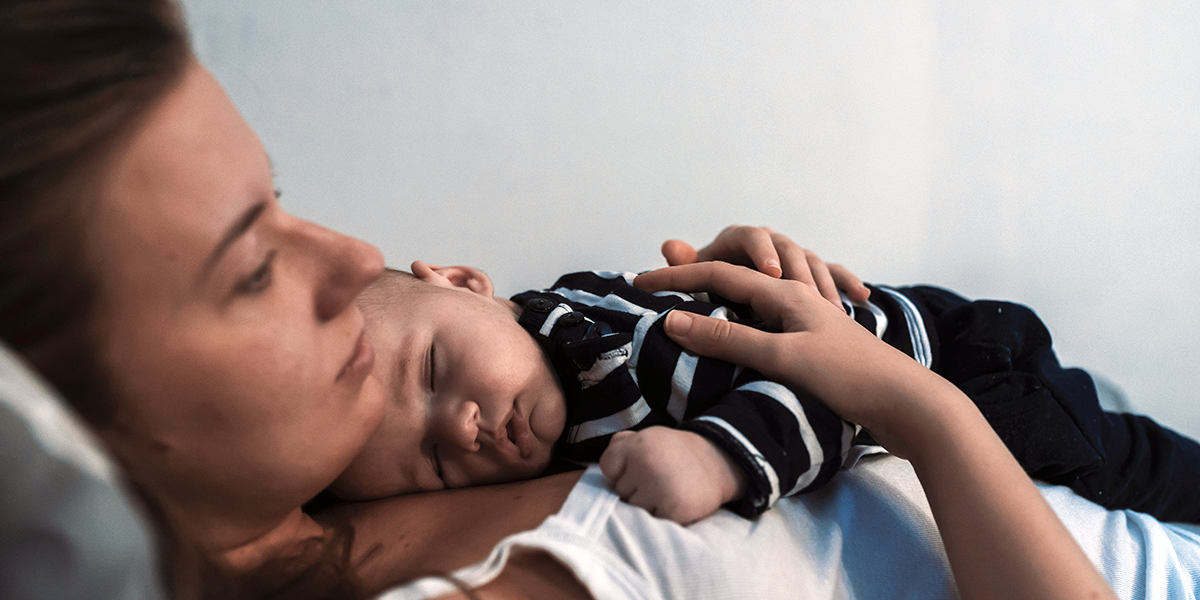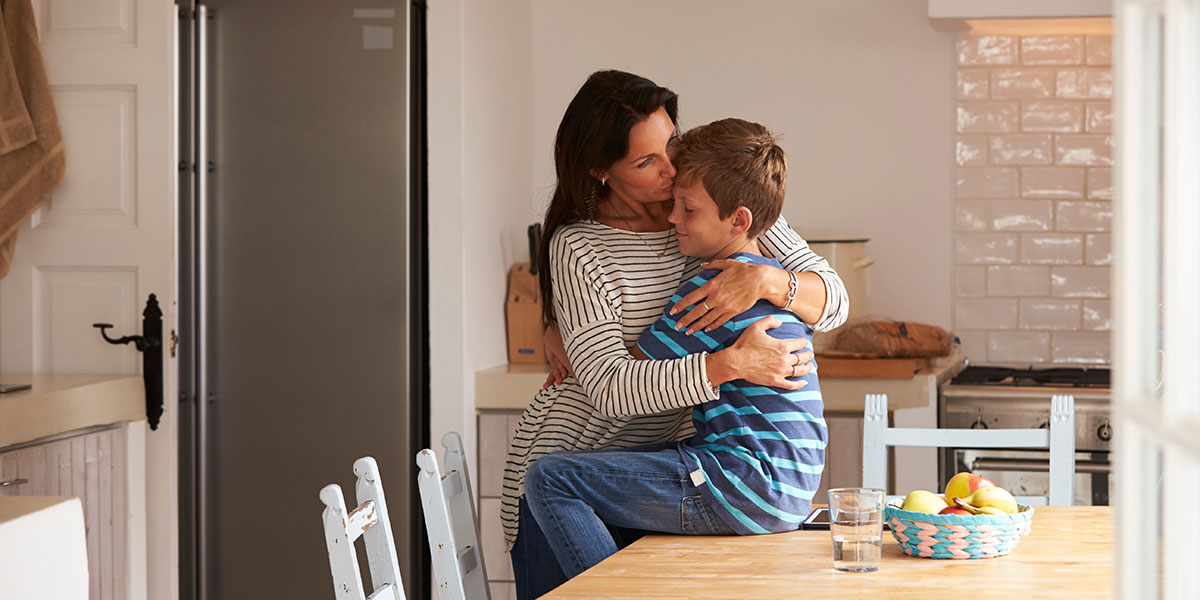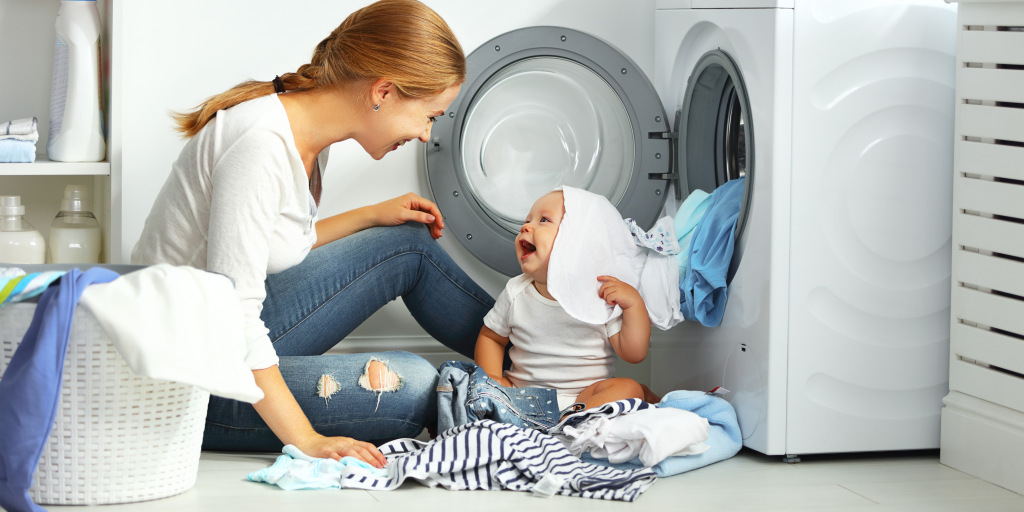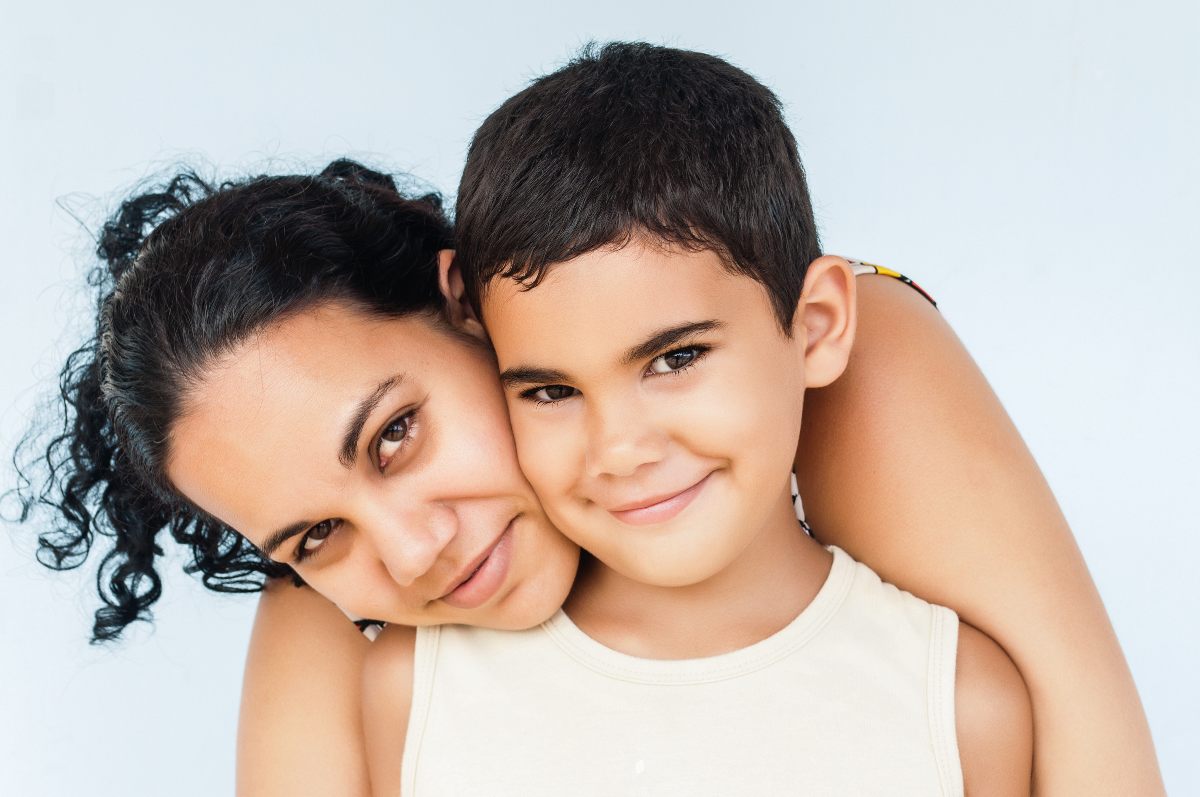Big families are unusual these days, but I’ve learned a lot about what makes them thrive.
Lenten Campaign 2025
This content is free of charge, as are all our articles.
Support us with a donation that is tax-deductible and enable us to continue to reach millions of readers.
Comedian Jim Gaffigan once said, “”Big families are like waterbed stores; they used to be everywhere, and now they’re just weird.” It’s definitely clear to me that large families are not in fashion. Every time I say I have five children, I get expressions of amazement, or even disapproval.
There’s always someone who says, “You’re crazy,” to which my husband and I always respond “yes,” because you really have to be a little crazy to venture into the world of having a large family these days.
Eight months ago, my fifth daughter was born, and her birth brought us indescribable joy. Despite the fear of the unknown, it seems she came to confirm that she always had a place in this family; it only took her a while to arrive.
I’d like to share with you some of the things that have helped our family along the way.

1Bedtime is essential.
Children need rest to grow up healthy, and parents need some time alone to “connect,” so bedtime is non-negotiable. We make sure the children get the rest they need and we parents can talk calmly, watch a movie, or finish any pending tasks in peace. This requires quasi-military discipline, because we always encounter some resistance, but it’s worth the effort.
2Independence does not mean abandonment.
A fundamental part of education is to make the learner do more and more of the work on his own, and when you have many children, it becomes essential. This doesn’t mean abandoning children to their own fate, but accepting that an important part of their development is learning to do things on their own, and that it’s vital to be there to teach them.

3Time for yourself is necessary
Not only do you need time for yourself, but you also need time to be alone with your spouse, and with each of your children on an individual level. It’s one of the most difficult things to achieve when you have many children and they’re all young. But when we spend time alone with each one, we can better understand what they experience, what they feel, and what encourages them. They really appreciate time alone with mom and dad, so it’s important to carve out some time for them, even when there doesn’t seem to be any time available.
4There’s no one recipe that works for all.
Every child is different, and universal rules don’t apply in parenting. You need to get to know your children in order to know what their emotional language is, what virtues they need to strengthen, how they learn best, etc. Only by understanding what each of our children needs can we help them grow.

5Children need less than people think.
Many of the comments we receive is that it’s impossible to have a large family because it means that we won’t be able to give the children what they need. We were surprised to discover that children don’t need many things: just education, medical care, clothing, food, and a lot of love. Everything else is extra, and children really thrive with just the basics. Besides, in a house where you have fun and occasionally break the routine, there are always ways to create unforgettable memories without great expense.
6Mental organization is fundamental.
You need a to-do list, schedule and a calendar, and your mind needs to keep track of it all. Fitting each child’s activities in the 24 hours of the day is an art, but it can be done. It’s essential to try to think ahead and be very punctual.

7You have to lose your fear of making a bad impression.
We large families can be very sensitive to what others think of us. We’re already “breaking the rules” of social expectation by having so many children, so we feel like we need to show that everything is okay. We often feel a special pressure to make sure that everything turns out the best way, that our children behave well, etc. We have to lose our fear and focus on the good of our family, which is easy to say but more difficult to put into practice.

8Some children are more needy than others, and that's fine.
Many of us grew up with the idea that equality is the greatest good, but life has taught us that equality in the family doesn’t necessarily mean justice. There are many reasons why one child may depend on his or her parents more than another, and to give in to this is not only right, but necessary. No more guilt! Each child must be given what he or she needs.

9Be authentic.
Reading books, checking your Instagram account and analyzing your neighbor’s parenting style can sometimes become a source of pressure. Every family is unique, and what works for the neighbors may not work for you. Dismissing other people’s expectations frees you to decide your own parenting style.

10Generosity is the key to being happy.
Opening our hearts to others and seeking their good is what really fills us up inside. This is love, and the more we love, the happier we will be.

Read more:
5 Things I loved about growing up in a big family
![]()
Read more:
Why kids from big families have an advantage in life








